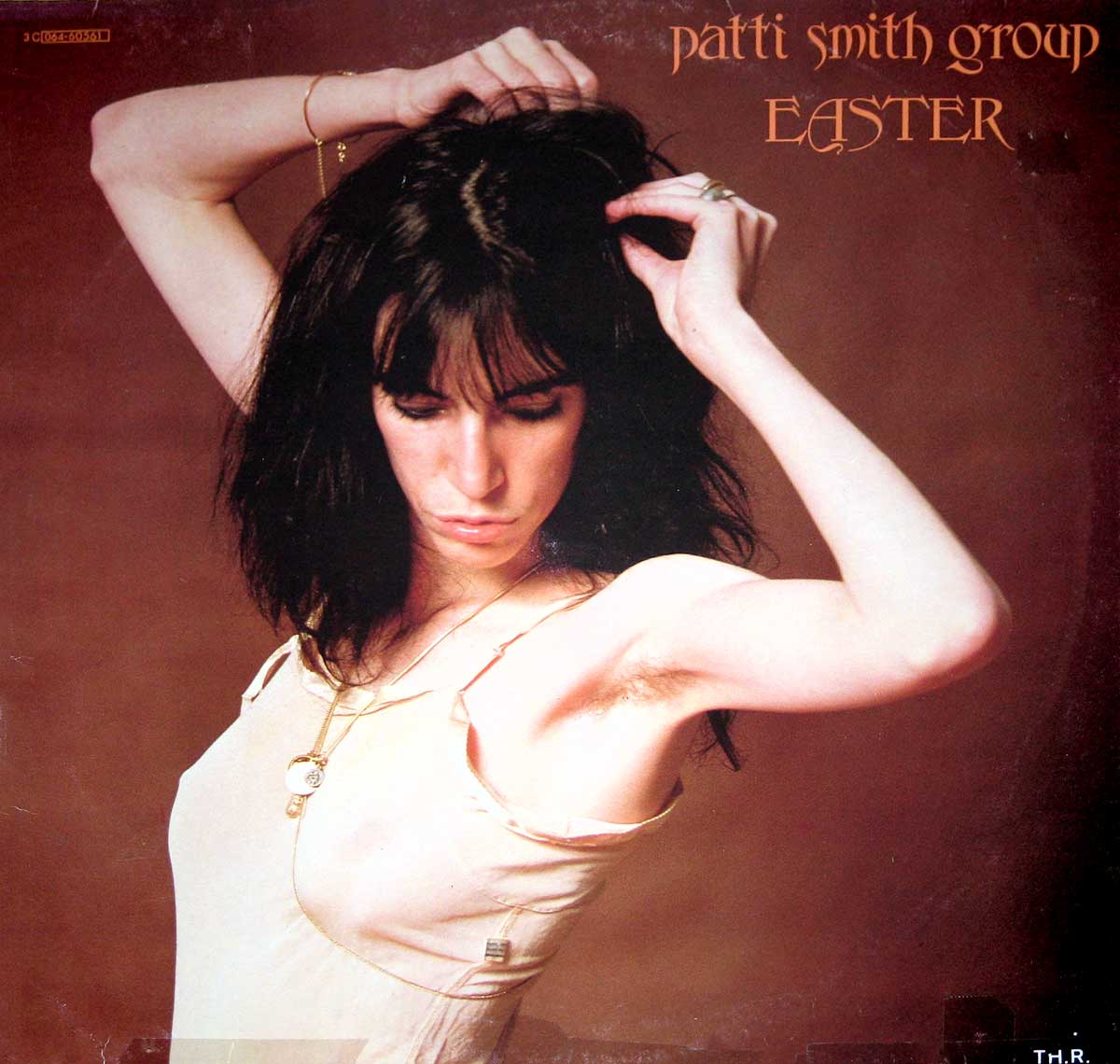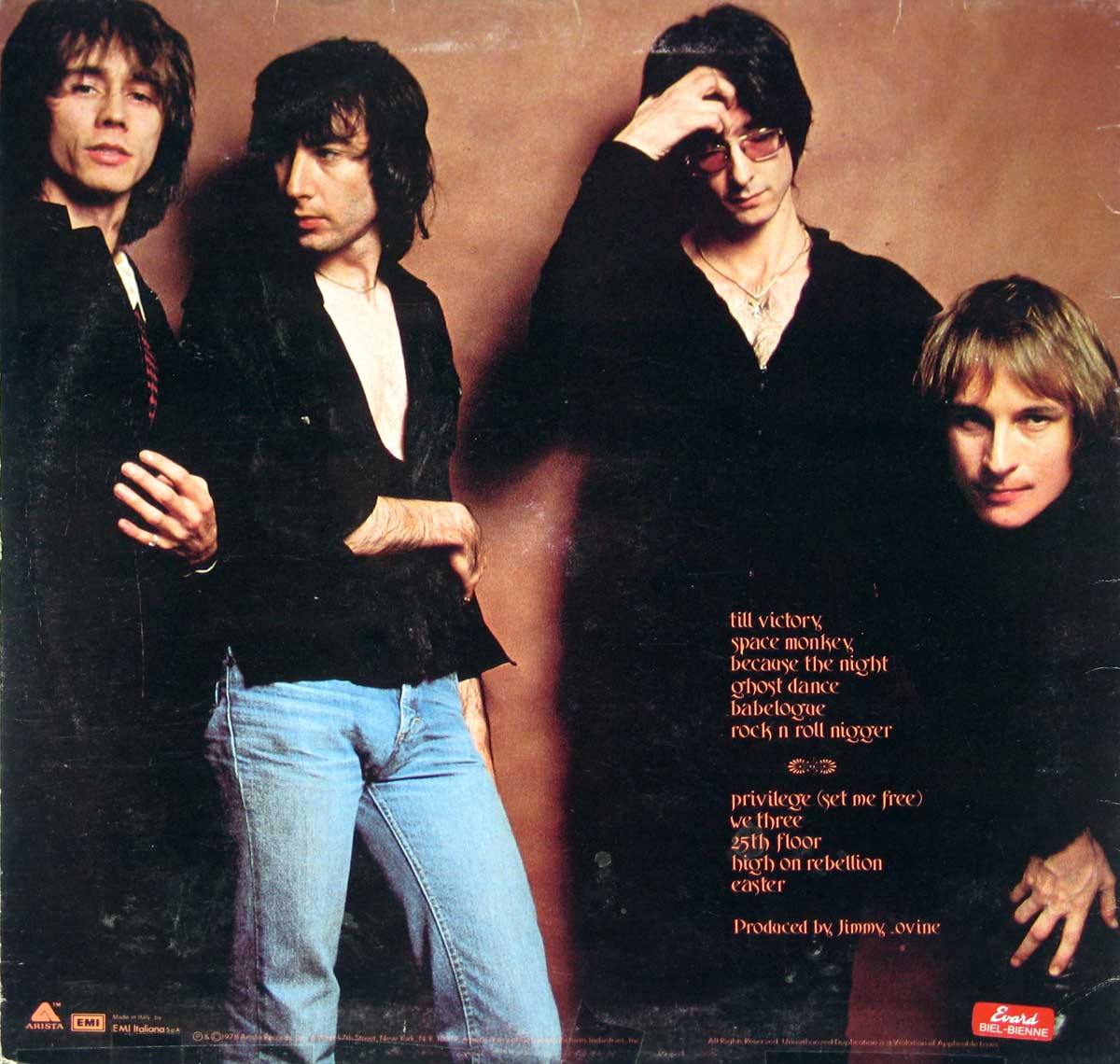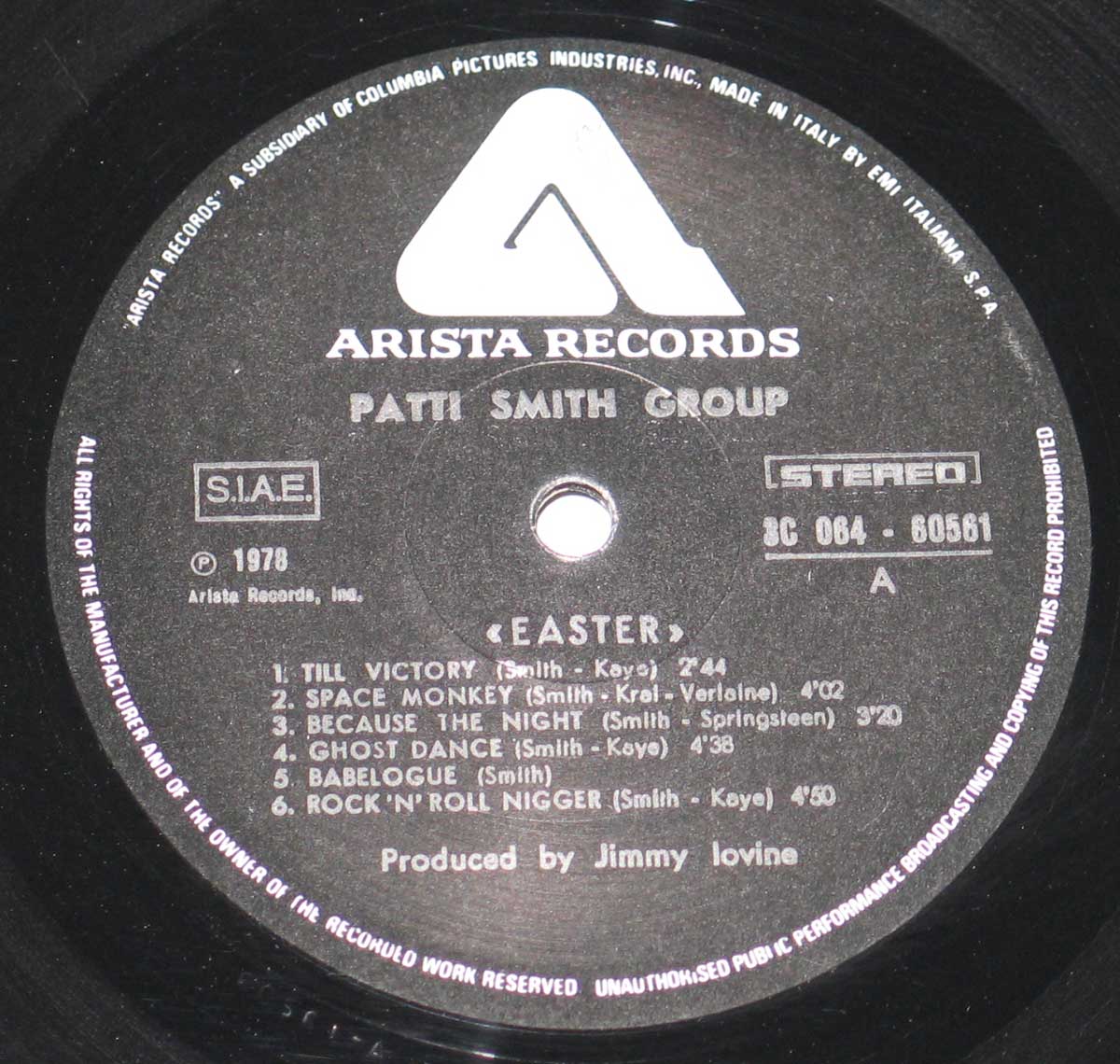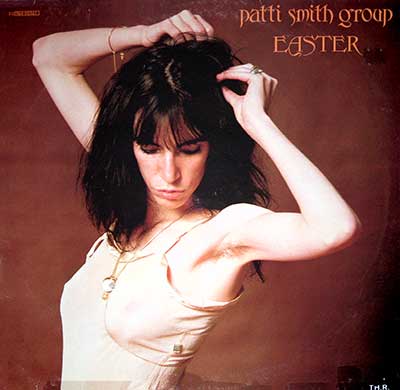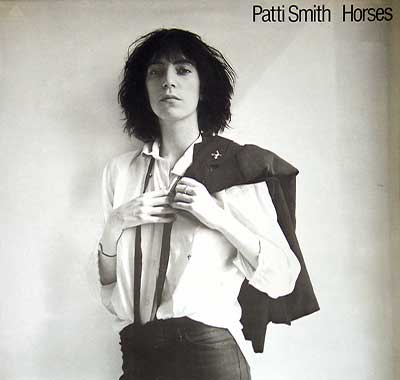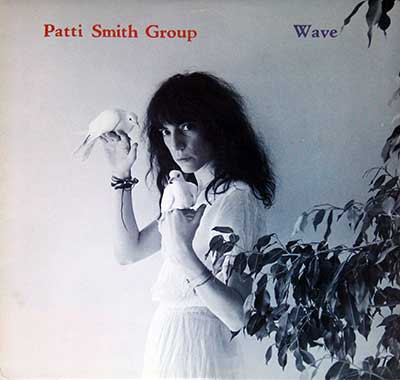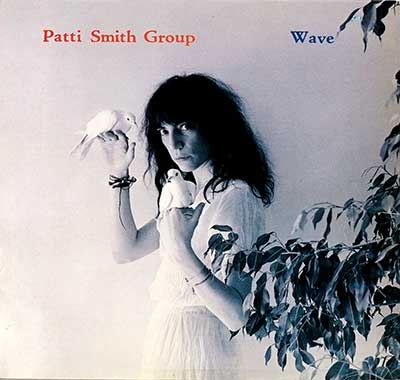Patti Smith’s 1978 album "Easter" is a raucous, fervent declaration of rebirth that cuts through the soft underbelly of rock ‘n’ roll with the precision of a dagger. This album, her third studio effort with the Patti Smith Group, is where punk poetry meets rock ecstasy, where salvation is sought not through doctrine, but through the raw power of music itself. It's an album soaked in the sweat of the CBGB stage, yet it reaches far beyond the grimy, neon-lit world of New York punk into something broader, something almost spiritual.
Set against the backdrop of the late 1970s—a time when punk rock had already carved out its sneering, anti-establishment niche, and disco fever was sweeping across the nation—"Easter" emerges as a unique artifact of the time. The U.S. was still reeling from the aftershocks of Vietnam, Watergate, and the fading dream of the 1960s counterculture. In the midst of this, Smith presents "Easter" not as an answer, but as a challenge—a snarling testament to survival and defiance.
This album is Patti Smith at her most visceral, yet paradoxically, it also marks her first brush with mainstream success, thanks in large part to the inclusion of "Because the Night." Co-written with Bruce Springsteen, the song is an unexpected, yet undeniable, anthem of romantic yearning, shimmering with a melodic sensibility that contrasts sharply with the abrasive textures elsewhere on the record. The Boss's influence is unmistakable, but Smith takes the reins, transforming it into something entirely her own. Her voice, a banshee wail dipped in honey, turns the track into a torch song for the punk generation—a moment of tenderness that somehow feels like a revolution in itself.
But "Easter" is much more than just that one hit. The album's sonic landscape is a volatile blend of punk, rock, and something more indefinable—call it proto-alternative, or perhaps just pure Patti. The opening track, "Till Victory," sets the tone with its marching rhythm and insistent guitar riff, a battle cry that’s more about endurance than conquest. And then there's "Babelogue/Rock n Roll N****r," a one-two punch that confronts societal norms head-on. The spoken-word "Babelogue" is a frantic, poetic rant that bleeds into "Rock n Roll N****r," a controversial, ferocious anthem that challenges the very notion of what it means to be an outsider. Smith uses the most charged word in the English language not to shock for the sake of it, but to reclaim it, to strip it of its power by owning it fully. It's a risky move that doesn’t land with everyone, but it’s quintessential Patti—an artist unafraid to provoke thought and stir discomfort.
Musically, "Easter" is the product of a band that has honed its craft in the crucible of live performance. The Patti Smith Group, consisting of Lenny Kaye (guitar), Jay Dee Daugherty (drums), Ivan Král (bass), and Richard Sohl (keyboards), forms a tight, formidable unit, their chemistry palpable throughout the album. Lenny Kaye’s guitar work is particularly noteworthy—his playing swings between the jagged edges of punk and the expansive chords of rock ‘n’ roll, creating a backdrop that is as much a part of the narrative as Smith’s lyrics.
The production, helmed by Jimmy Iovine—who at the time was making a name for himself as one of rock’s go-to producers—is crisp and powerful, yet it retains a rawness that prevents the album from ever feeling over-polished. Recorded at the Record Plant in New York City, "Easter" is imbued with the energy of the city itself: gritty, electric, and unrelenting. Iovine, who would go on to work with the likes of U2 and Tom Petty, captures the intensity of the Patti Smith Group while allowing Smith’s voice and vision to remain at the forefront. It’s a balancing act that few producers could pull off, and yet here, it works.
In a broader sense, "Easter" is an exploration of faith—not in the religious sense, but in the idea of faith as a personal journey. The album’s title and cover—featuring Smith in a crucifixion pose—invite allusions to resurrection and rebirth, themes that recur throughout the record. In "Ghost Dance," Smith channels Native American spirituality, chanting, “We shall live again,” over a hypnotic beat that feels more like a ritual than a song. Meanwhile, "Privilege (Set Me Free)" is an outright plea for liberation, its soaring chorus echoing through the empty cathedrals of lost dreams and broken promises.
And yet, for all its gravitas, there’s a joyousness to "Easter"—a sense that through all the chaos and confrontation, there’s a light at the end of the tunnel. The album ends with "Easter" itself, a track that fuses gospel influences with Smith’s trademark poeticism, a song that doesn’t just suggest rebirth but demands it. It’s a fitting conclusion to an album that, for all its punk ethos, never loses sight of the idea that music, at its best, is a transformative force.
In "Easter", Patti Smith doesn’t just find her voice; she commands it, using it to challenge, to inspire, and to transcend. It’s an album that asks the listener to rise, to confront the world with all its contradictions, and to find a way to endure. And in that, it succeeds, capturing the wild, unbreakable spirit of an artist who, against all odds, forged a path that was entirely her own.
